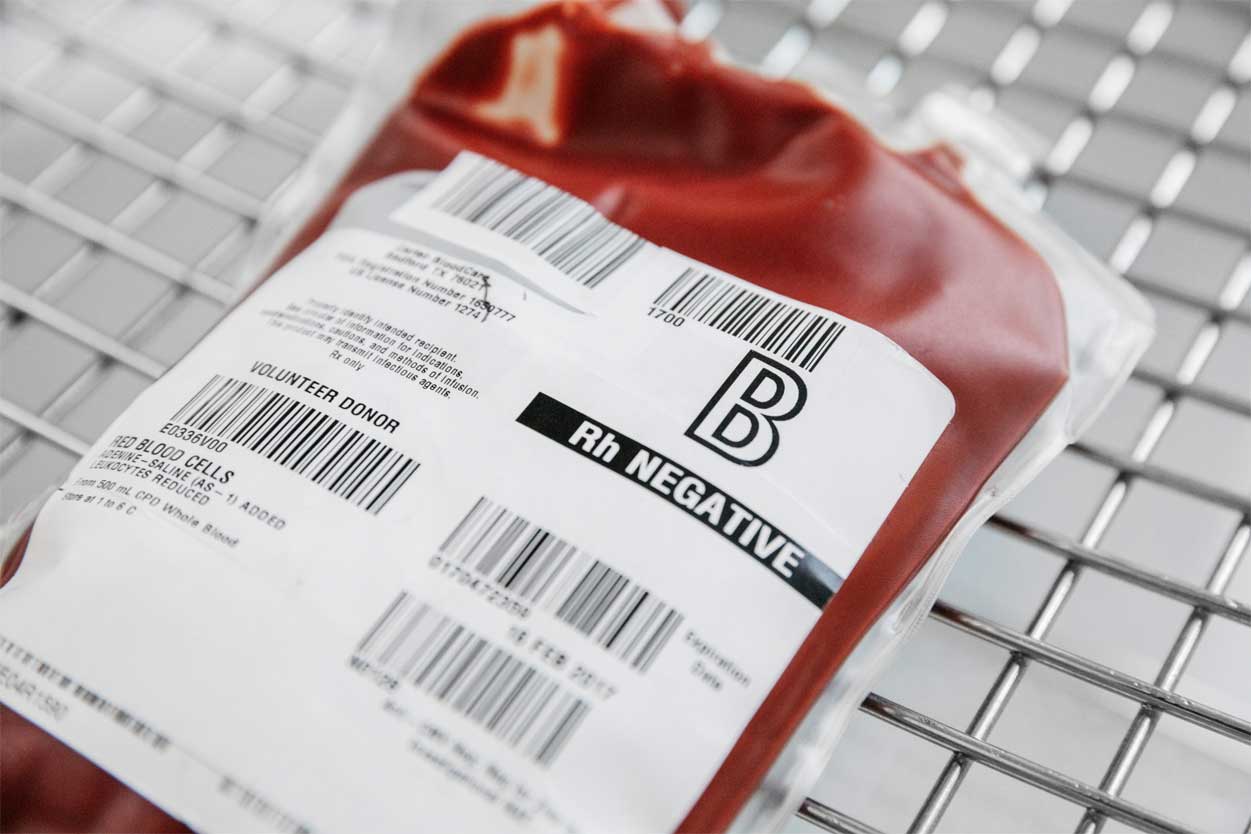
It is commonly referred to as ‘hemolytic disease’ or death of the unborn. Blood that lacks the D antigen tends to reject it’s own unborn baby especially if the baby is Rhesus positive. This is a very important factor especially for pregnant women. Studies show that the 15% of humans who lack the rhesus factor are gifted with natural resistance to HIV, small pox and bubonic plague.īy being resistant to these diseases, it means that they are less susceptible to suffer from them as opposed to those with the Rhesus factor.

Better natural resistance to particular disease. This results in having them being more picky when it comes to food preferences. People with the Rh negative blood type are more prone to be affected by allergies, especially food allergies. Lacking Rh factor can lead to problems especially in cases where blood transfusion or organ transplant is needed urgently. The remaining 85% are Rh positive, making them more favorable. In reference to whole of the world’s population, only about 15% lack the rhesus factor. It leads to a build up of antibodies in the mother’s blood that causes it to fight or react to pregnancy of the second child resulting to death. This happens most especially when the child picks up the rhesus factor from the father that differs from that of the mother’s. In situations where a couple have different rhesus factor blood types, it puts their children at risk. The fact that a number of people lack this factor is a puzzling phenomenon that tends to defy the evolution story arising the question on where did they come from? 2.

The term is derived due to the first discovery of the protein substance in the blood of Rhesus monkeys. Rhesus factor, referred to as the Rh factor, is a protein in the human blood.

The Rh negative blood type is not a ‘mutation’.


 0 kommentar(er)
0 kommentar(er)
